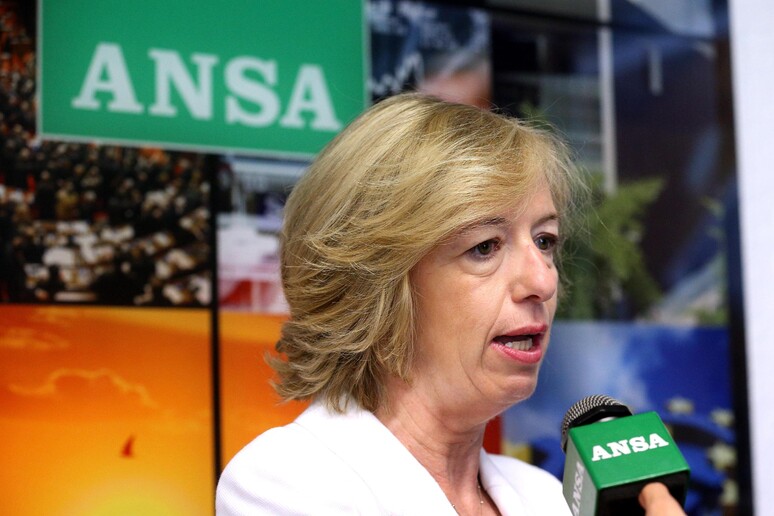The fight against unlawfulness
begins at school said Education Minister Stefania Giannini
Thursday as efforts continued to secure final approval for new
anti-graft legislation in parliament.
"The fight against corruption starts from the individual,
from personal choices made even at school," Giannini told a
forum on legality hosted by ANSA.
Her comments came as the Lower House continued to examine
the anti-corruption bill originally presented by former chief
anti-mafia prosecutor Pietro Grasso before being elected Senate
speaker two years ago, and which was approved by the Senate on
April 1.
Pressure to pass new laws regulating graft has been growing
as the result of a raft of corruption scandals involving public
works projects and politicians on both sides of the political
spectrum.
Sources said the bill could win definitive approval from
the Lower House on Friday.
Raffaele Cantone, the head of Italy's anti-corruption
authority, told ANSA he considered the bill to be the best
legislation that it is possible to achieve at this stage and
called for it to be approved swiftly.
"I think the anti-corruption bill, which I hope is approved
within a week, is just about the best possible," Cantone told an
ANSA forum.
It is absolutely necessary to promote a culture of
lawfulness in Italy, he added.
"This is an essential premise," Cantone said.
"Young people must be made to understand that corruption
damages not only business but also their future," he continued,
adding that the "cancer of corruption" had been underestimated
for too long.
"It is not true that young people are disinterested in this
subject, they only need to be motivated," he said.
"I believe schools can do a huge amount not just for the
culture of legality, which is a term that is abused, but of
responsibility, the culture of rights and responsibilities" in
fighting corruption, the magistrate added.
For his part the president of the national association of
magistrates (ANM) Rodolfo Maria Sabelli said the anti-graft bill
set Italy "on the right path", but that more needed to be done.
The bill contemplating reduced sentences for justice
collaborators aims to "break the corruptive agreement and in
this perspective incentivising collaboration is precisely one of
the tools used", Sabelli said.
"This is a trend reversal and an important signal," he
continued.
However, Sabelli said other tools were also needed,
including existing instruments used to fight organised crime.
ALL RIGHTS RESERVED © Copyright ANSA











